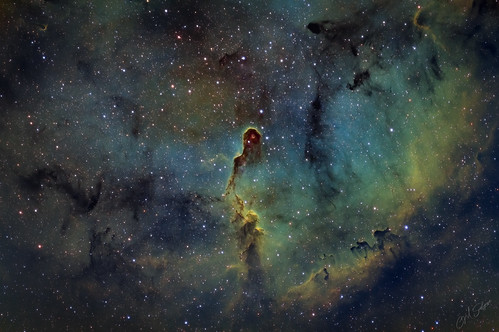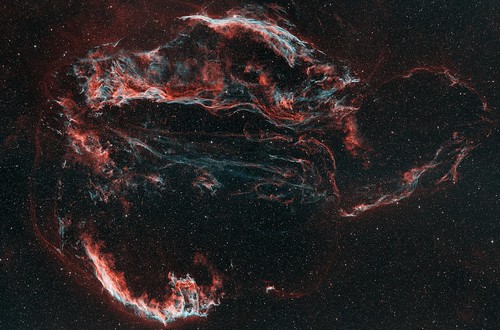 Rosso Ceriaco
Rosso Ceriaco by
Andrea Amici - Andrystix
I have dreamed of taking this photo for a very long time, but given its difficulty in taking it, I have always put it off.
I had been studying the ideal conditions for shooting for years.
Now I will tell you how I made "Rosso Ceriaco".
First of all you need to know the exact moment when the Moon rises, taking into account atmospheric refraction and the moon phase in primis.
Once this is done I have to look for a full Moon (at 100% - very difficult because we almost always see it practically at 98-99%) "pumped" with its coppery color emphasized by the diffusion of Raylight (vulgarly, the twilight light that passes through the gas of the Earth's atmosphere and meet the Moon).
Once I have calculated the exact moment and checked above all the weather conditions, I can understand through sites and apps where to post to insert a landscape or a subject in perspective in the shot (with the Moon in the background). In this case I was in Collemarino (20/10/21 6.30 pm - 7.30 pm).
The question now is: how did you get such a close-up view from Collemarino of the Ancona Cathedral? Simple (even if it actually isn't)! I took the photo with my telescope!
The peculiarity of the telephoto lens or telescope is to reduce the perspective effect between the various elements, so it is possible to mask or reduce the distance between various subjects within the frame.
Arrived a little early in the place studied previously, I mounted the telescope and through the adapters I inserted my reflex (you need to know, however, that the frame in the telescope is upside down, this to facilitate things, obviously I'm ironic).
The photo is the result of 2 single shots, subsequently processed, taken in the exact same position and with the same framing, one for the Moon (1/80 sec, ISO 1270) and one for San Ceriaco (5 sec, ISO 1600).
The focal length is calculated with the ratio between the length of my telescope (750mm) and its diameter (150mm), therefore f / 5.
Andrea Amici (@ andrystix on fb, instagram and fickr)


 Venus, Mars, Jupiter and Saturn by V. Petkov, on Flickr
Venus, Mars, Jupiter and Saturn by V. Petkov, on Flickr Elephant Trunk Final Full by Chase Snelgrove, on Flickr
Elephant Trunk Final Full by Chase Snelgrove, on Flickr Rosso Ceriaco by Andrea Amici - Andrystix
Rosso Ceriaco by Andrea Amici - Andrystix Elephant's Trunk Nebula (IC 1396) by Joe Schlaf, on Flickr
Elephant's Trunk Nebula (IC 1396) by Joe Schlaf, on Flickr
 Rosette_2021_Full by Chase Snelgrove, on Flickr
Rosette_2021_Full by Chase Snelgrove, on Flickr Supernova Remnant: The Veil Nebula by Matt Dahl, on Flickr
Supernova Remnant: The Veil Nebula by Matt Dahl, on Flickr
 IC 434 and Flame nebula by gc.iaffaldano, su Flickr
IC 434 and Flame nebula by gc.iaffaldano, su Flickr